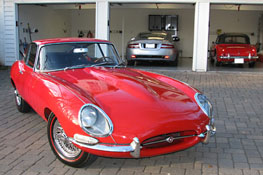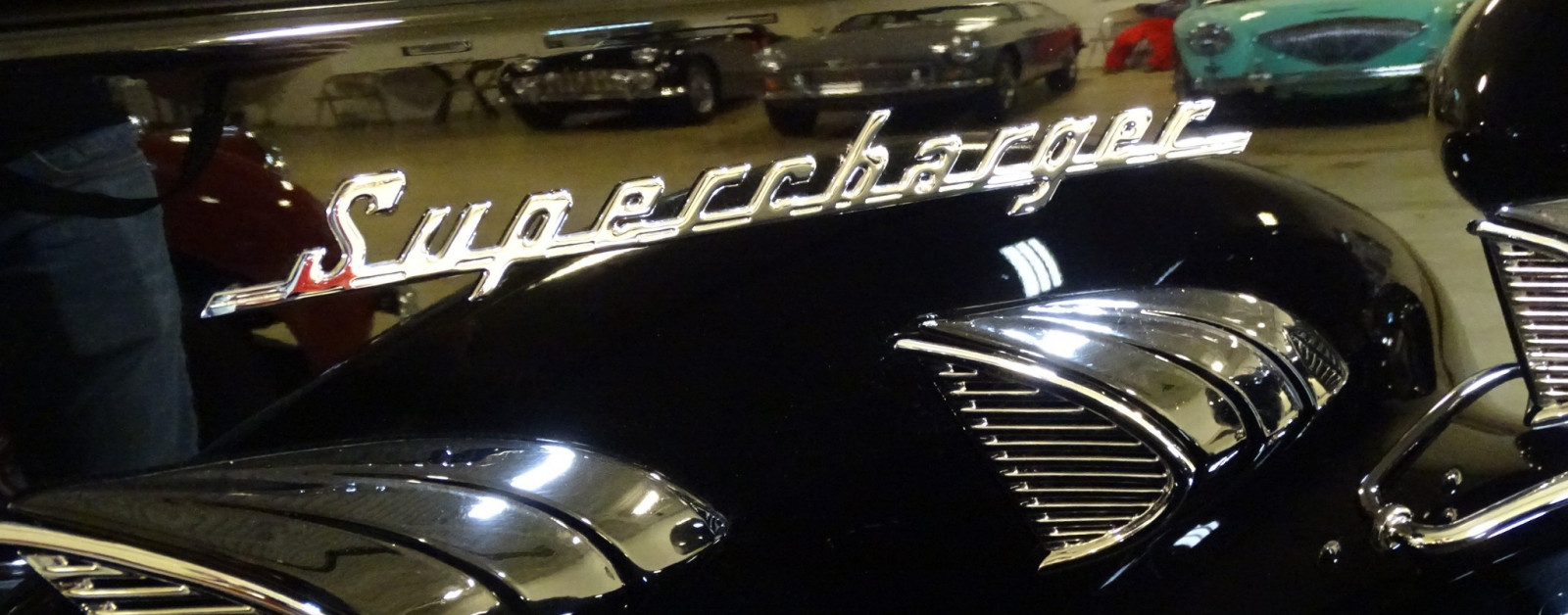
Some would put specific age limits on the definitions, and others would say that only special variants would qualify for classic status.
To me a classic car is one that stops depreciating in value and either levels off or begins to appreciate over time. The value increasing because of demand ties into the definition that the classic cars have appeal long after they are no longer produced.
So what the difference between a Classic and an Antique?
The term antique is most often used interchangeably with the term classic when talking about older vehicles. In many instances using one term or the other may mean the same thing, but there are differences between the two depend on the company you keep.
Probably the most important definition is how your insurance company defines these vehicles. Insurance companies have various programs to insure antique/classic cars. Some policies require the vehicle to be 25 years and older while others insure 'newer' collector cars.
Whether it is an antique or a classic vehicle, the only way to insure it is with a specialty policy. Listed below are several insurance companies that will be able to help you secure the right coverage for your vehicle. If the average value listed in a published value guide is not enough to replace your classic or antique vehicle, make sure you have

 To request an appraisal, please complete the sections below:
To request an appraisal, please complete the sections below: